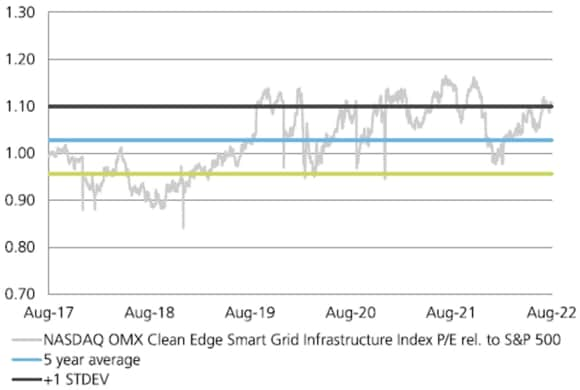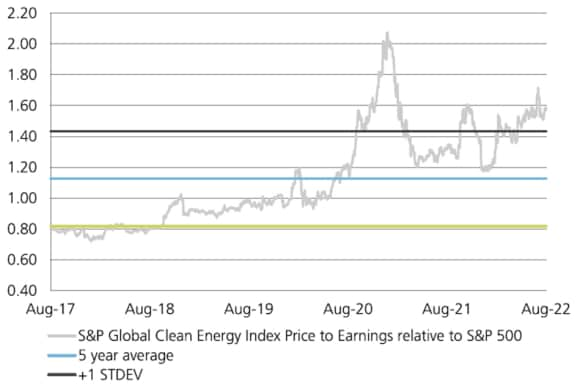Sustainable Investing Perspectives
We look at investment implications of the Inflation Reduction Act of 2022, innovation on the circular economy, and water as investment risk and opportunity for portfolios.
Want to discuss this topic with your UBS Financial Advisor?
Want to discuss this topic with your UBS Financial Advisor?
Recommended reading
Recommended reading




